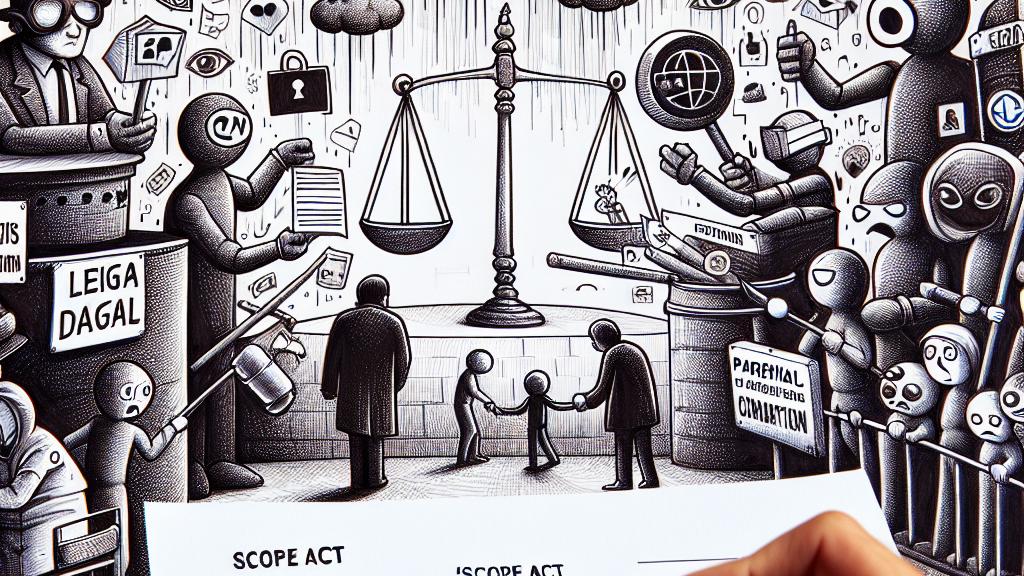Texas Attorney General Files Lawsuit Against TikTok for Collecting Minors' Data Without Consent
Overview
- The Texas Attorney General, Ken Paxton, has initiated a groundbreaking lawsuit against TikTok, accusing the platform of illegally collecting personal data from minors without parental consent.
- This action stems from the newly enacted Scope Act, which aims to strengthen protections around children's online privacy and data collection practices.
- While TikTok denies these allegations, claiming to prioritize user safety and data protection, the outcome of this case could set pivotal precedents for future digital privacy regulations.

Legal Action Initiated in Texas
On October 3, 2024, Texas found itself at the center of a pivotal legal battle when Attorney General Ken Paxton announced a lawsuit against TikTok. This legal action arises from serious allegations that TikTok has been illegally gathering personal information from minors—such as their names, ages, and locations— without the requisite parental consent. This alleged infringement directly contravenes the recently enacted Scope Act, which came into effect on September 1, 2024. Aimed specifically at protecting children under 18 from harmful content and safeguarding their personal data, the Scope Act highlights Texas's commitment to enhancing online safety for the younger demographic.
Violation of Children's Privacy Laws
In his complaint, Attorney General Paxton outlines troubling specifics: TikTok reportedly lacks effective privacy controls, failing to adequately inform parents about the types of personal data being collected from their children. For example, critics point out that minors can easily sign up and use the app without parental oversight, opening doors to significant vulnerabilities. The lawsuit seeks harsh penalties, proposing fines of $10,000 for each violation of the law, which, given TikTok's millions of young users, could amount to staggering sums. This lawsuit not only raises serious questions about corporate accountability in protecting minors online but also emphasizes the urgent need for tech giants to comply with evolving privacy standards.
TikTok's Defense and Broader Implications
In the face of these allegations, TikTok staunchly defends its practices, asserting that it has implemented robust safety features designed to protect young users, including family pairing options and extensive privacy settings. The company's representatives argue that these measures demonstrate their commitment to ensuring a safe online environment for minors. However, the implications of this lawsuit extend well beyond the confines of TikTok; if Texas succeeds, it could prompt similar actions in other states, driving a nationwide reevaluation of how social media platforms manage minors' data. As lawmakers grapple with the delicate balance between encouraging technological innovation and ensuring the safety of the vulnerable, this case stands as a watershed moment in the realm of digital privacy and child protection.

Loading...